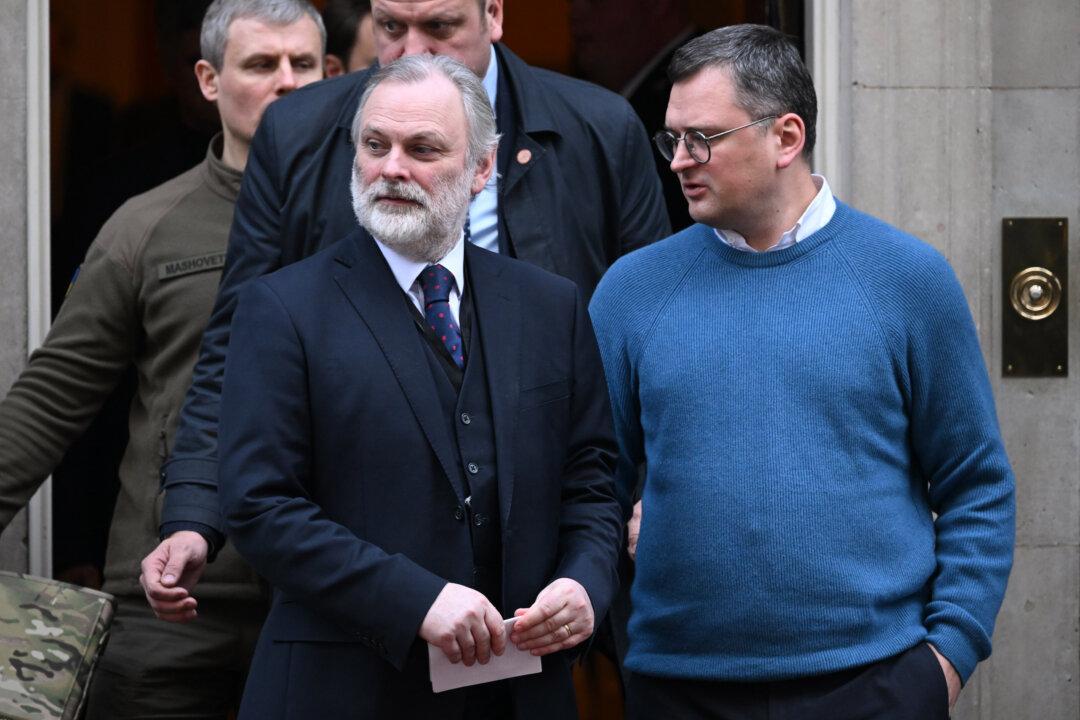The UK will not be deterred from supporting Ukraine by Russia’s nuclear threats and will push back against “reckless escalation language,” national security adviser Sir Tim Barrow said on Wednesday.
Speaking to lawmakers at a National Security Strategy Joint Committee hearing, Barrow said allies need to ramp up support for Ukraine so it can defend itself and win on the battlefield, which he said is “an essential part of any strategy which gets us to peace.”





